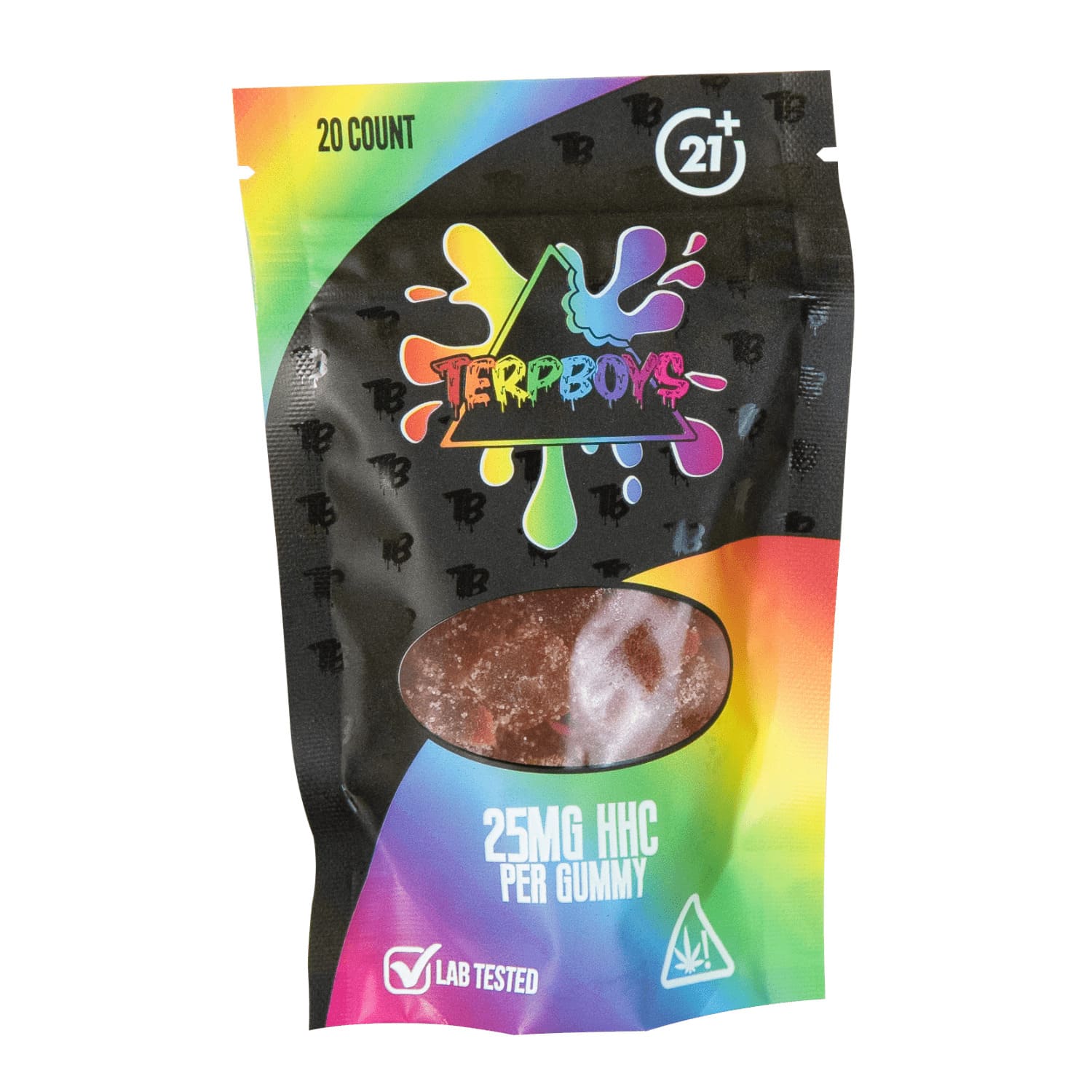Product Offers
Share your best offers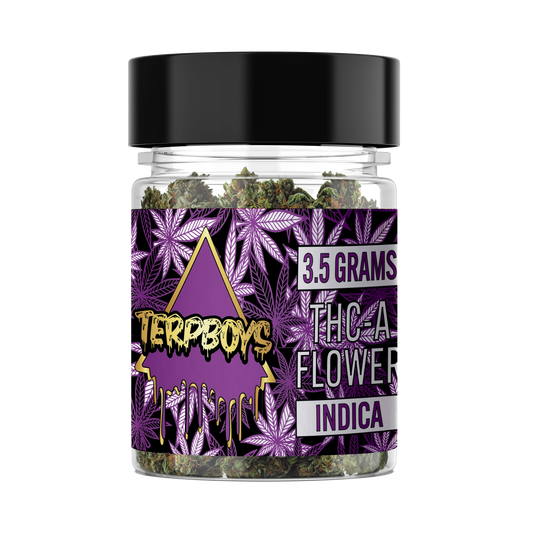

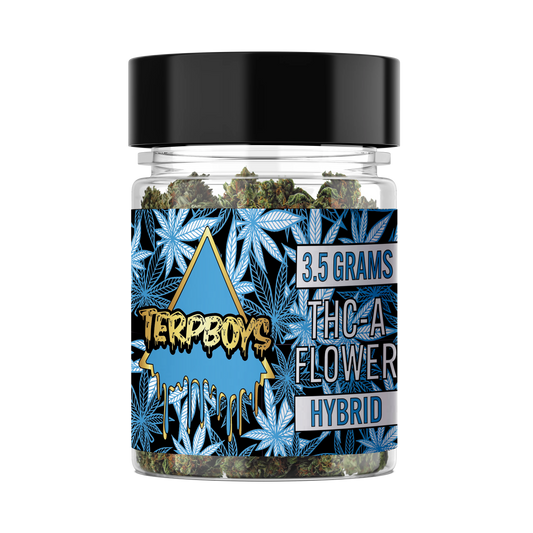
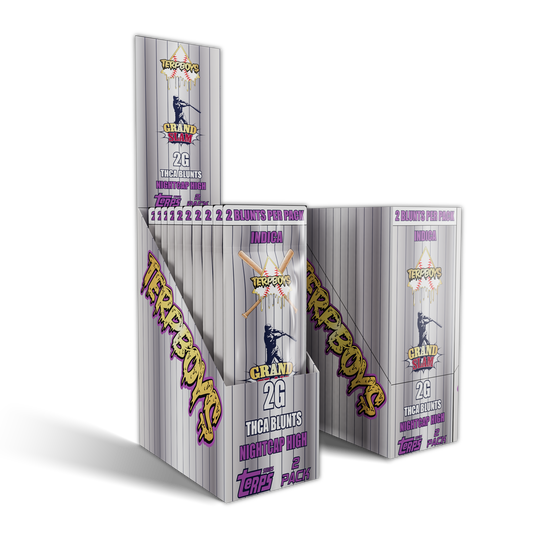

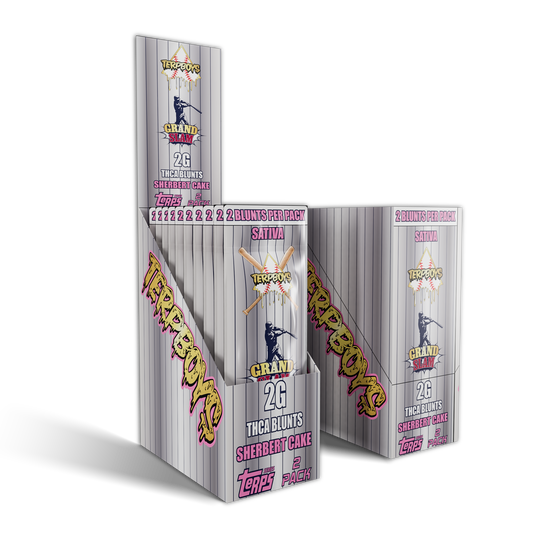
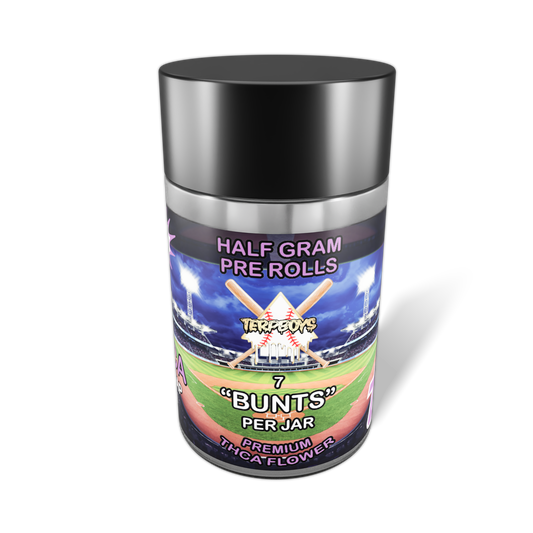

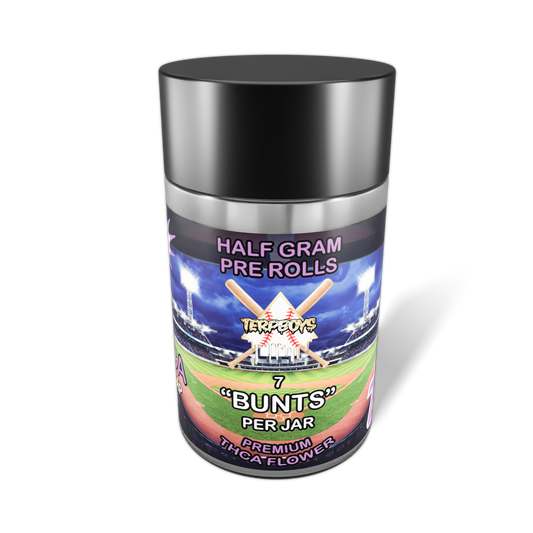



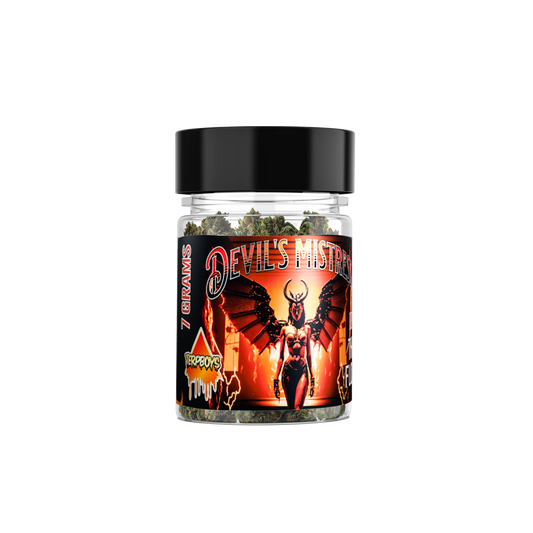
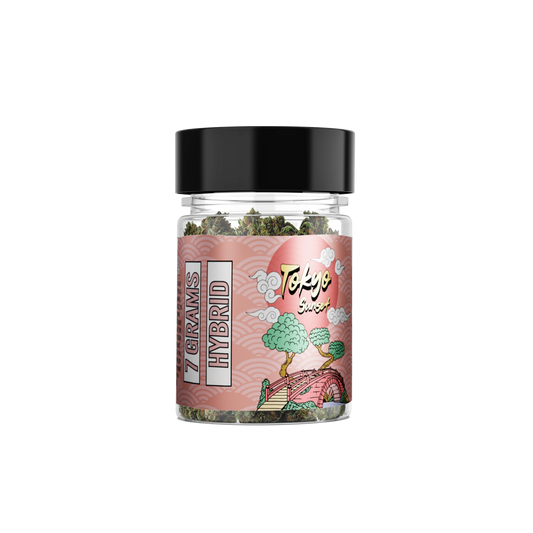
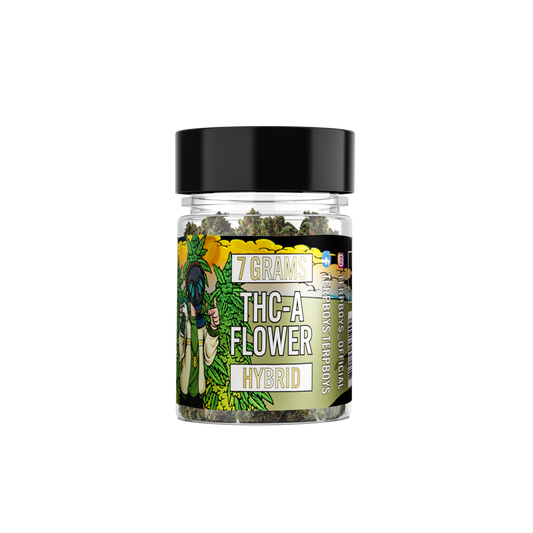




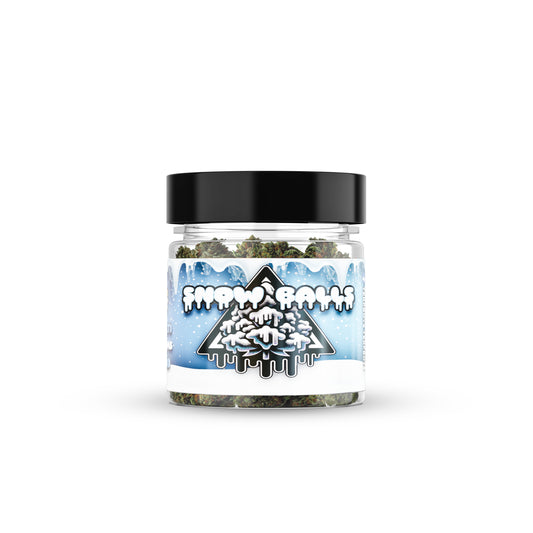
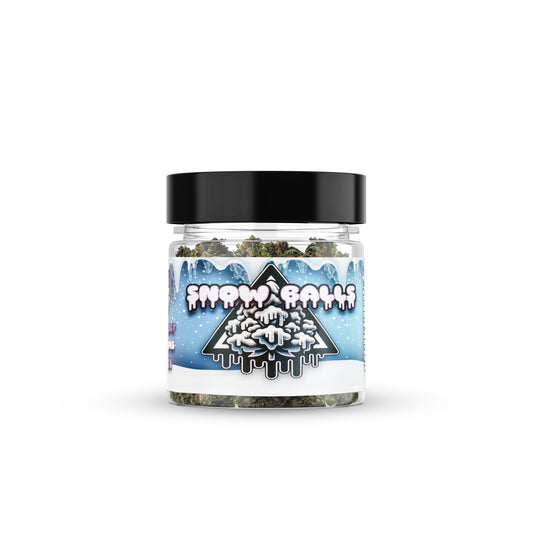
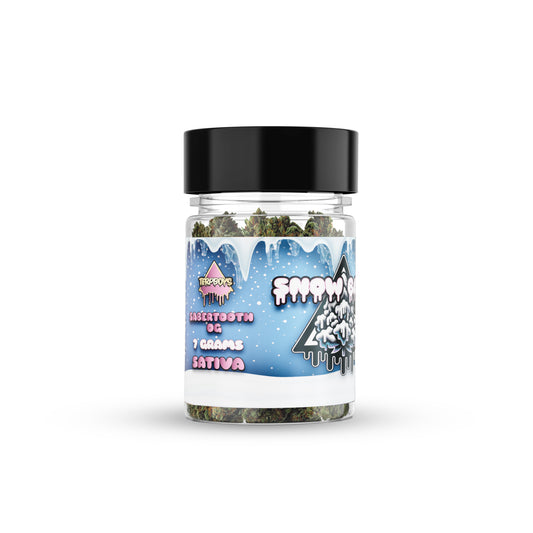
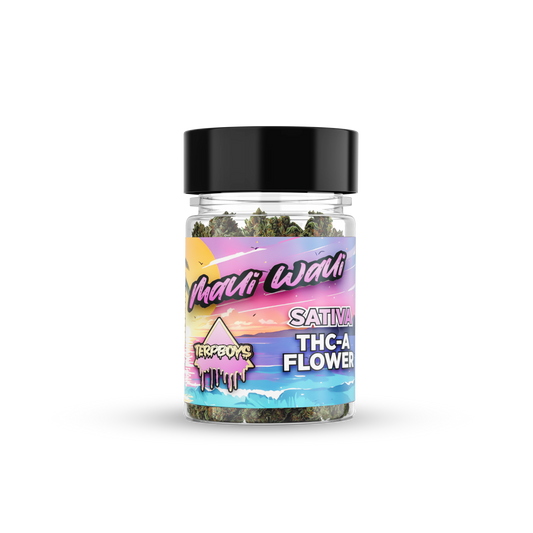
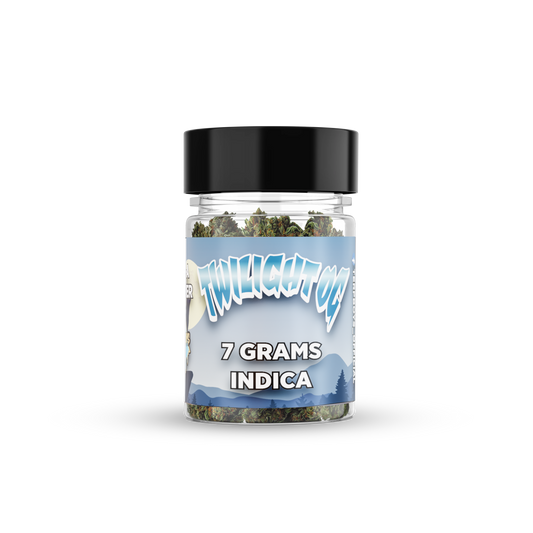

What is HHC? Full Guide
Discover what HHC is, its benefits, effects, and how it compares to other cannabinoids. Learn about HHC products, safety, and legal status in this comprehensive guide.
Discover the Power of HHC: A Comprehensive Overview
Hexahydrocannabinol, commonly known as HHC, is a relatively new and intriguing cannabinoid making waves in the world of cannabis and hemp products. As interest in alternative cannabinoids grows, HHC stands out for its unique properties and potential benefits. Unlike the well-known cannabinoids like THC (tetrahydrocannabinol) and CBD (cannabidiol), HHC offers a distinct experience that sets it apart from its counterparts.
HHC is a hydrogenated form of THC, which means it has undergone a chemical process that adds hydrogen atoms to its structure. This process not only alters its chemical composition but also enhances its stability and resistance to heat and UV light. As a result, HHC products may have a longer shelf life and remain potent under various conditions.

This comprehensive overview aims to shed light on the various aspects of HHC, from its origins and production process to its effects, benefits, and safety profile. Whether you are a seasoned cannabis enthusiast or a curious newcomer, this guide will provide valuable insights into the power and potential of HHC.
What is HHC?
HHC, or Hexahydrocannabinol, is a cannabinoid that is structurally similar to THC, the primary psychoactive compound found in cannabis. However, the key difference lies in the addition of hydrogen atoms to the THC molecule, which transforms it into HHC. This hydrogenation process enhances the stability of the compound, making it more resistant to degradation from heat and UV light.
HHC can be found naturally in the cannabis plant, but only in trace amounts. To produce HHC in larger quantities, manufacturers typically use a chemical process to hydrogenate THC or other cannabinoids. This synthetic production method allows for the creation of HHC products that are consistent in potency and purity.
One of the intriguing aspects of HHC is its potential to provide many of the benefits associated with THC, such as pain relief and relaxation, but with a potentially different psychoactive profile. Some users report that HHC offers a milder and more clear-headed high compared to THC, making it an appealing option for those who seek the therapeutic benefits of cannabinoids without the intense psychoactive effects.
Understanding HHC: Origins and Discovery
The discovery and development of HHC can be traced back to the mid-20th century when chemists began exploring the hydrogenation of cannabinoids. The process of hydrogenation, which involves adding hydrogen atoms to a molecule, was already well-established in the production of various food and pharmaceutical products. Applying this technique to cannabinoids led to the creation of HHC, a more stable and potentially versatile compound.
HHC was first synthesized in the 1940s by the American chemist Roger Adams, who is renowned for his pioneering work in cannabinoid chemistry. Adams successfully hydrogenated THC to create HHC, but at the time, the compound did not gain much attention. It was only in recent years, with the resurgence of interest in alternative cannabinoids and the expanding legal cannabis market, that HHC began to attract significant interest.
Today, HHC is produced using advanced hydrogenation techniques that ensure the consistency and purity of the final product. The hydrogenation process typically involves the use of a catalyst, such as palladium or platinum, to facilitate the addition of hydrogen atoms to the THC molecule. This results in the formation of HHC, which can then be used to create a variety of products, including edibles, tinctures, vapes, and topicals.
How is HHC Made? The Production Process Explained
HHC, or Hexahydrocannabinol, is produced through a process known as hydrogenation. This chemical reaction involves adding hydrogen atoms to a molecule, altering its structure and properties. The hydrogenation of THC (Tetrahydrocannabinol) results in HHC, which is more stable and resistant to heat and UV light.
Steps in the Production of HHC:
- Extraction: The process begins with the extraction of THC from the cannabis plant. This can be done using various methods, such as CO2 extraction or ethanol extraction, to ensure a pure and concentrated form of THC.
- Hydrogenation: The extracted THC is then subjected to hydrogenation. This involves introducing hydrogen gas into a reaction chamber containing THC and a catalyst, typically palladium or platinum. The catalyst facilitates the addition of hydrogen atoms to the THC molecule.
- Formation of HHC: During hydrogenation, the double bonds in the THC molecule are broken, and hydrogen atoms are added, transforming THC into HHC. This process results in a more stable compound that retains its potency and effectiveness over time.
- Purification: After hydrogenation, the mixture is purified to remove any residual solvents, catalysts, or impurities. This ensures that the final product is safe and of high quality.
- Testing: The purified HHC undergoes rigorous testing to verify its potency, purity, and safety. Third-party laboratories typically conduct these tests to ensure transparency and accuracy.
- Product Formulation: Once testing is complete, HHC can be used to formulate various products, including edibles, tinctures, vapes, and topicals. Manufacturers carefully measure and incorporate HHC into these products to ensure consistent dosing and effectiveness.

Does HHC Get You High?
Yes, HHC can produce psychoactive effects, but the intensity and nature of the high may differ from that of THC. Users report that HHC provides a milder and more clear-headed high compared to THC, which is known for its potent psychoactive effects. This makes HHC an appealing option for those who seek the therapeutic benefits of cannabinoids without the intense high associated with THC.
The psychoactive effects of HHC are due to its interaction with the body's endocannabinoid system (ECS), particularly the CB1 receptors in the brain and central nervous system. By binding to these receptors, HHC can induce feelings of euphoria, relaxation, and altered sensory perception.
- Milder High: Less intense than THC
- Clear-headed: Users report a more focused high
- Euphoria: Induces feelings of euphoria and relaxation
- Altered Perception: Changes in sensory perception
- Interaction with ECS: Binds to CB1 receptors
- Therapeutic Benefits: Pain relief, anxiety reduction
- Dose-Dependent: Effects vary with dosage
- Individual Variability: Different experiences for each user
Does HHC Show Up on a Drug Test?
The potential for HHC to show up on a drug test is an important consideration for users, especially those subject to regular screening for THC. Standard drug tests typically screen for THC and its metabolites, which are the byproducts formed when THC is broken down in the body.
HHC is structurally similar to THC, and there is a possibility that it could be detected by some drug tests, particularly those that are sensitive to cannabinoids. However, HHC itself is not specifically targeted in most standard drug tests, and more research is needed to determine how often it may cause a positive result.
- Similarity to THC: HHC is structurally similar to THC
- Standard Tests: Typically screen for THC and its metabolites
- Potential Detection: HHC might be detected by sensitive tests
- Metabolites: HHC metabolites may be similar to THC
- Research Needed: Limited data on HHC detection
- Individual Factors: Metabolism and dosage impact results
- Test Types: Urine, blood, and saliva tests
- Consultation: Check with employers or testing agencies
Comparison Table: HHC vs. THC in Drug Tests
| Feature | HHC | THC |
|---|---|---|
| Psychoactive Effects | Milder, clear-headed | Strong, euphoric |
| Detection in Drug Tests | Potentially detectable | Commonly detectable |
| Metabolites | Similar to THC | THC-COOH (primary metabolite) |
| Test Types | Urine, blood, saliva | Urine, blood, saliva |
| Research Data | Limited | Extensive |
| False Positives | Possible | Standard detection |
| Duration in System | Variable | Typically longer |
How HHC Interacts with the Body
HHC, or Hexahydrocannabinol, interacts with the body’s endocannabinoid system (ECS), a complex cell-signaling system involved in regulating a variety of physiological processes including mood, pain sensation, appetite, and sleep. The ECS comprises endocannabinoids (cannabinoids produced by the body), cannabinoid receptors (CB1 and CB2), and enzymes that break down cannabinoids.
When HHC is consumed, it binds to both CB1 and CB2 receptors. CB1 receptors are primarily located in the brain and central nervous system and are responsible for the psychoactive effects of cannabinoids. CB2 receptors are found in the peripheral organs, particularly cells associated with the immune system.
- CB1 Receptor Interaction: By binding to CB1 receptors, HHC can produce psychoactive effects, though typically milder than those of THC. This interaction can lead to altered sensory perception, mood changes, and a feeling of euphoria.
- CB2 Receptor Interaction: HHC’s interaction with CB2 receptors may help in reducing inflammation and pain, providing potential therapeutic benefits without the strong psychoactive effects associated with CB1 receptor activation.
The stability of HHC, due to its hydrogenated structure, allows it to maintain potency and effectiveness over time, potentially offering more consistent and long-lasting benefits.
Benefits & Effects of HHC
HHC offers a range of benefits and effects, making it an intriguing option for both recreational and medicinal users. While research is still emerging, early reports and studies suggest several potential advantages.
- Pain Relief: HHC may help alleviate chronic and acute pain by interacting with the body's pain receptors.
- Anti-Inflammatory Properties: Its ability to reduce inflammation can be beneficial for conditions like arthritis and other inflammatory diseases.
- Anxiety Reduction: Many users report feeling more relaxed and less anxious after consuming HHC, making it a potential aid for anxiety management.
- Sleep Aid: HHC’s relaxing effects can help improve sleep quality, making it useful for those suffering from insomnia or other sleep disorders.
- Appetite Stimulation: Similar to THC, HHC may increase appetite, which can be beneficial for individuals with eating disorders or those undergoing treatments like chemotherapy.
- Neuroprotective Effects: Early research indicates that HHC might protect brain health and support cognitive function, although more studies are needed.
- Reduced Nausea: HHC may help alleviate nausea, which is particularly useful for patients undergoing treatments that cause severe nausea.
Is HHC Legal?
The legal status of HHC (Hexahydrocannabinol) is currently in a gray area and varies significantly by region. Since HHC is a relatively new cannabinoid, many regulatory bodies have not yet explicitly addressed its legality. Here is an overview of the current legal landscape:
Federal Law in the United States
Under the 2018 Farm Bill, hemp and hemp-derived products, including cannabinoids, are legal as long as they contain less than 0.3% Delta-9 THC. Since HHC is derived from hemp and can be synthesized from THC, it might be considered legal under this legislation. However, this interpretation can vary, and HHC is not specifically mentioned in the bill.

State Laws
State regulations on cannabinoids can differ widely. Some states have more restrictive laws that could potentially apply to HHC, while others follow federal guidelines more closely. Here are a few examples:
- California: Generally follows federal law regarding hemp-derived products, so HHC may be considered legal.
- Colorado: Similar to California, follows federal guidelines for hemp-derived products.
- Florida: Allows the sale of hemp-derived cannabinoids, potentially including HHC.
- New York: Follows federal law regarding hemp products, so HHC might be legal.
- Texas: Permits hemp-derived products, including cannabinoids like HHC, under the 2018 Farm Bill.
- Idaho: One of the strictest states regarding cannabinoids; HHC may be considered illegal here.
- Kansas: Another state with stringent regulations on cannabinoids, making HHC's legality questionable.
International Regulations
Outside of the United States, the legality of HHC can vary even more. Some countries have strict bans on all cannabinoids, while others may allow them under certain conditions. It's important to research and understand the specific laws of any country regarding HHC and other cannabinoids.
Comparison Table: HHC Legal Status
| Region | Legal Status |
|---|---|
| Federal (U.S.) | Likely legal under 2018 Farm Bill |
| California | Likely legal |
| Colorado | Likely legal |
| Florida | Likely legal |
| New York | Likely legal |
| Texas | Likely legal |
| Idaho | Likely illegal |
| Kansas | Likely illegal |
| International (varies) | Check local regulations |
Is HHC Safe?
Safety is a crucial consideration when exploring any cannabinoid, and HHC is no exception. While HHC appears to have a favorable safety profile based on limited research and user reports, there are several factors to consider.
- Mild Side Effects: Some users may experience mild side effects such as dry mouth, dizziness, and changes in appetite. These effects are generally manageable and less intense compared to THC.
- Stability and Potency: The hydrogenation process enhances the stability of HHC, reducing the risk of degradation and maintaining its potency over time.
- Research and Regulation: As a newer cannabinoid, HHC lacks extensive research. It’s important for users to stay informed about emerging studies and regulatory updates.
- Consultation with Professionals: Before starting HHC, especially for medical purposes, consulting with a healthcare professional is advisable to ensure it is appropriate for individual health conditions.
Comparing HHC with Other Cannabinoids
HHC vs THC
HHC vs THC are similar in many ways but have distinct differences. Both interact with the ECS and can produce psychoactive effects, but HHC is typically milder. THC is well-researched and widely used for both medical and recreational purposes.
- Psychoactive Effects: HHC provides a milder high compared to the potent effects of THC.
- Stability: HHC is more stable and resistant to degradation than THC.
- Legal Status: THC’s legality varies widely, while HHC’s legal status is still evolving and generally less regulated.
HHC vs CBD
CBD is non-psychoactive and primarily used for its therapeutic benefits. It does not produce the high associated with HHC and THC.
- Psychoactive Effects: HHC is psychoactive; CBD is not.
- Therapeutic Use: Both have therapeutic benefits, but CBD is more established for conditions like anxiety and epilepsy.
- Interaction with ECS: HHC interacts with both CB1 and CB2 receptors; CBD primarily influences CB2 receptors indirectly.
HHC vs Delta 8
When talking about HHC vs Delta 8, delta 8 thc is another cannabinoid with milder psychoactive effects than Delta 9 THC. HHC and Delta 8 share similarities but also have distinct differences.
- Psychoactive Effects: Both provide milder effects than Delta 9 THC, but user experiences can vary.
- Stability: HHC is more stable due to hydrogenation.
- Legal Status: Delta 8’s legal status is clearer in many regions, while HHC’s status is still developing.
Comparison Table: HHC vs Other Cannabinoids
| Feature | HHC | THC | CBD | Delta 8 |
|---|---|---|---|---|
| Psychoactive | Yes, milder | Yes, strong | No | Yes, milder |
| Stability | High (hydrogenated) | Moderate | High | Moderate |
| Therapeutic Uses | Emerging | Well-established | Well-established | Emerging |
| Interaction | CB1 and CB2 receptors | CB1 and CB2 receptors | CB2 receptors (indirectly) | CB1 and CB2 receptors |
| Legal Status | Evolving | Varied by region | Generally legal | Varied by region |
HHC Products: Types and Uses
HHC is available in various product forms, catering to different preferences and needs. Here are some popular types of HHC products and their uses:
- HHC Gummies: These edibles offer a tasty and convenient way to consume HHC. They are available in various flavors and dosages, making them easy to incorporate into your daily routine. HHC gummies are discreet and provide long-lasting effects.
- HHC Chocolates: Similar to gummies, HHC chocolates provide a delicious way to enjoy the benefits of HHC. They are an excellent option for those who prefer edible products and can be a great treat.
- HHC Flower: HHC flower consists of hemp flower infused with HHC. It offers the traditional experience of smoking or vaping cannabis but with the unique effects of HHC. This product is ideal for those who enjoy inhalation methods.
- HHC Vapes: HHC vapes are popular for their fast onset of effects and ease of use. They come in various strains and flavors, making them a versatile option for users. Vaping HHC delivers quick relief, making it suitable for on-the-go use.
- HHC Tinctures: Tinctures provide a sublingual administration method, allowing for quick absorption. They are typically placed under the tongue for a minute or two before swallowing, offering a fast and effective way to consume HHC.
- HHC Capsules: Capsules offer a precise and convenient dosing option. They are easy to incorporate into a daily supplement routine and provide a consistent amount of HHC with each dose.
- HHC Topicals: Topical products infused with HHC can be applied directly to the skin. They are used for localized relief of pain, inflammation, and skin conditions. Topicals do not produce psychoactive effects and are suitable for targeted treatment.
Conclusion
HHC, or Hexahydrocannabinol, is an emerging cannabinoid that offers unique benefits and effects compared to more well-known cannabinoids like THC and CBD. With its milder psychoactive effects, potential therapeutic benefits, and increased stability, HHC is gaining interest among both recreational and medicinal users.
Understanding how HHC interacts with the body, its production process, and the various product forms available can help users make informed decisions. As research and regulatory frameworks evolve, HHC may become a significant player in the cannabinoid market, offering new opportunities for wellness and relief.

FAQs
Can HHC help with anxiety?
Many users report that HHC helps reduce anxiety, providing a calming effect similar to that of CBD and THC, though more research is needed.
How long do the effects of HHC last?
The duration of HHC's effects can vary based on the method of consumption, dosage, and individual metabolism. Generally, effects can last from a few hours to up to six hours.
Can HHC be used topically?
Yes, HHC can be infused into topical products for localized relief of pain and inflammation without producing psychoactive effects.
Is HHC suitable for beginners?
HHC can be suitable for beginners due to its milder psychoactive effects compared to THC. However, starting with a low dose and consulting with a healthcare professional is advisable.
Can HHC be combined with other cannabinoids?
Yes, HHC can be combined with other cannabinoids like CBD and THC to potentially enhance the overall therapeutic effects through the entourage effect.
What are the best ways to consume HHC?
HHC can be consumed in various forms, including gummies, chocolates, flower, vapes, tinctures, capsules, and topicals. The best method depends on personal preference and desired effects.
